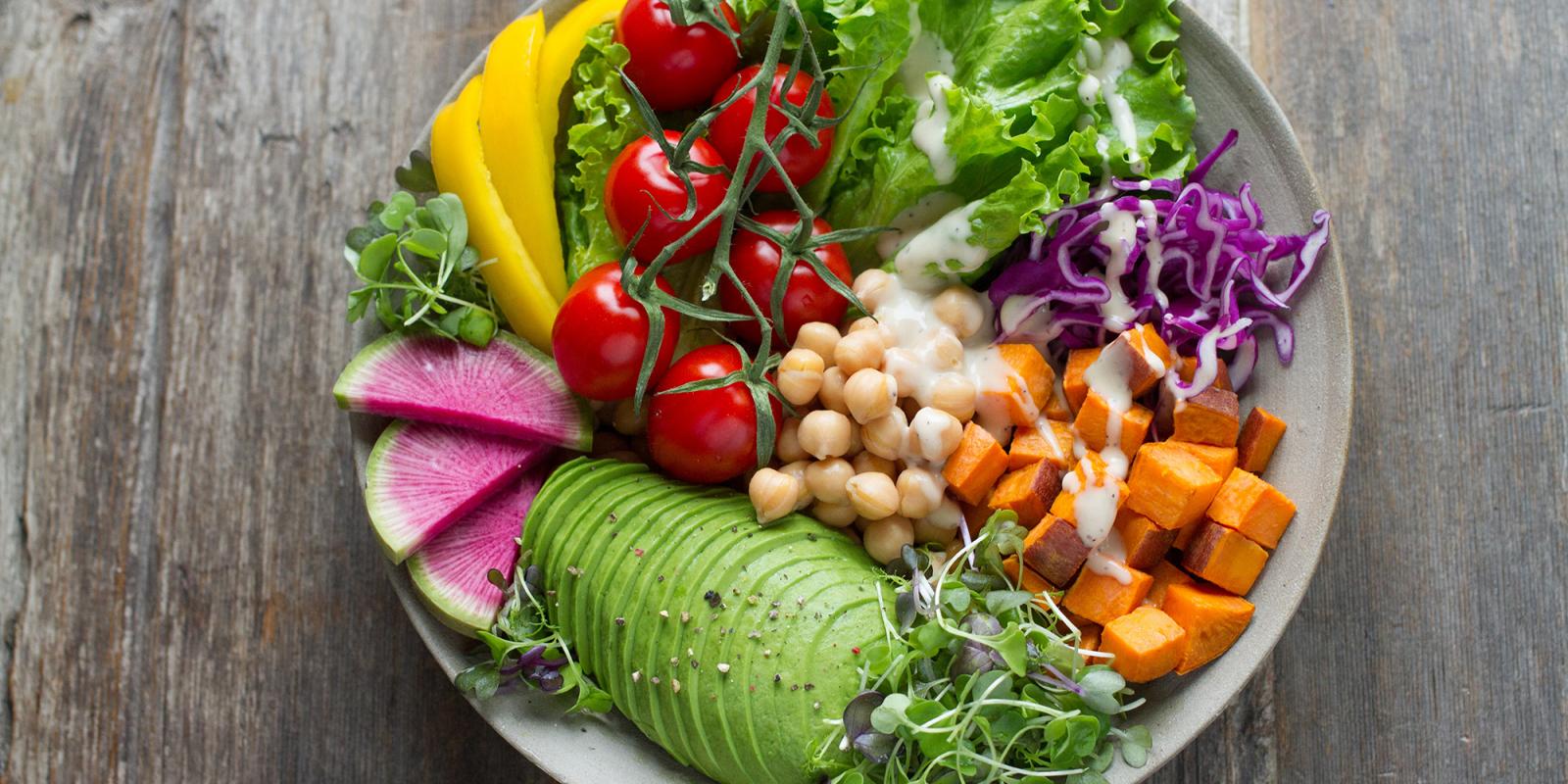About 2 percent of the general population has chronic, nonhealing wounds, but nearly 15 percent (8.2 million) of Medicare beneficiaries have at least one type of wound or wound-related infection. June is Wound Healing Awareness Month and a good time to consider the challenges of having a chronic wound and learn more about wound healing interventions, specifically the importance of nutrition.
Wounds develop in a number of ways, such as from surgery, trauma or pressure injuries, and wound care is an important part of the clinical services delivered across the care continuum. Chronic nonhealing wounds share the common characteristics of not responding to initial treatment and not healing in the expected time frame (usually within 30 days).
Open, unhealed wounds increase the risk of infection and additional complications, including loss of limbs, increased costs of care and mortality, and decreased quality of life. In the United States, chronic, nonhealing wounds cost Medicare $28.1 to $96.8 billion annually, with the majority of these costs occurring outside the hospital.
Older Adults Are at Increased Risk
Chronic, nonhealing wounds typically occur in individuals with more complex medical needs and in those with multiple co-morbidities, particularly diabetes and obesity. Wound healing typically slows with age and thus the risk for chronic, nonhealing wounds is higher for older adults. In addition, the impact of chronic wounds on quality of life is “particularly profound” for this population. Among Medicare beneficiaries, the highest costs for chronic, non-healing wounds are for surgical wounds and diabetic foot ulcers.
Poor nutrition is a risk factor in stalled wound healing.
Nutrition and Wound Healing
Wounds can “stall” in the healing process for many reasons, including restricted blood flow, immunosuppressive drugs, limited mobility and poor nutrition. While some of these risk factors may be difficult to overcome, poor nutrition is a risk factor that can be changed! A good diet with adequate protein, calories, micronutrients and fluids is essential for all stages of wound healing.
Sometimes a normal diet alone is not sufficient for the wound healing process to progress and more targeted nutrition is needed. Some critical ingredients that have been shown to support the wound healing process include:
Arginine: an essential amino acid important for the wound healing process, it helps increase blood flow and oxygen to the wound. It is also a building block for proteins, which can contribute to wound healing.
Glutamine: an essential amino acid with many functions, including stimulating collagen production (a key protein for wound healing), regulating nitrogen metabolism for adequate protein formation, and supporting immune system health.
HMB: also known as beta-hydroxy-beta-methylbutyrate, HMB comes from the amino acid leucine. It helps to produce new tissue by slowing down muscle breakdown and stabilizes muscle cell membranes.
Vitamins C, E, B12 and Zinc: these micronutrients are particularly important for the wound healing process.
Public Health Implications
Healthy People 2030 identifies our nation’s national objectives to improve health and well-being over the next decade. The objectives include one specific to wound care, “reducing the rate of pressure ulcer-related hospital admissions among older adults.” As a core objective, this is a high-priority public health issue associated with evidence-based interventions. Healthy People 2030 urges communities, states and organizations across the country to use Healthy People objectives to set their own priorities. Targeted wound care nutrition can be an important intervention for helping to meet this public health challenge.
Increasing Awareness and Taking Nutrition Action
The American Board of Wound Management Foundation named June as Wound Healing Awareness Month (WHAM!). The focus is to recognize the challenges experienced by those whose lives are affected by chronic wounds and to increase awareness about the support certified wound specialists can give. It is also a good time to reinforce the role of good nutrition and how it may help meet public health goals, as well as improve the outcomes and quality of life for older adults with chronic, nonhealing wounds.
Jeffrey Nelson, PhD, is associate research fellow at Abbott Nutrition, a Division of Abbott Laboratories, in Columbus, Ohio; and Sue Drawert, MEd, RDN, is director, Government Affairs, at Abbott Laboratories, in Minneapolis, Minn.
Resources
Nutrition and Wound Care: Why it Matters for Value-Based Healthcare Webinar, 2020. With Mary Litchford and Sue Drawert.
Nutrition to Aid Wound Healing in the Aging Adult. The Journal of Active Aging, January/February 2019. By Julie Richards, Mary Litchford and Joyce Pittman.













